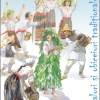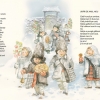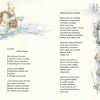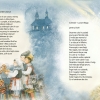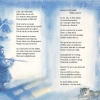 452278
452278
Holidays and Customs
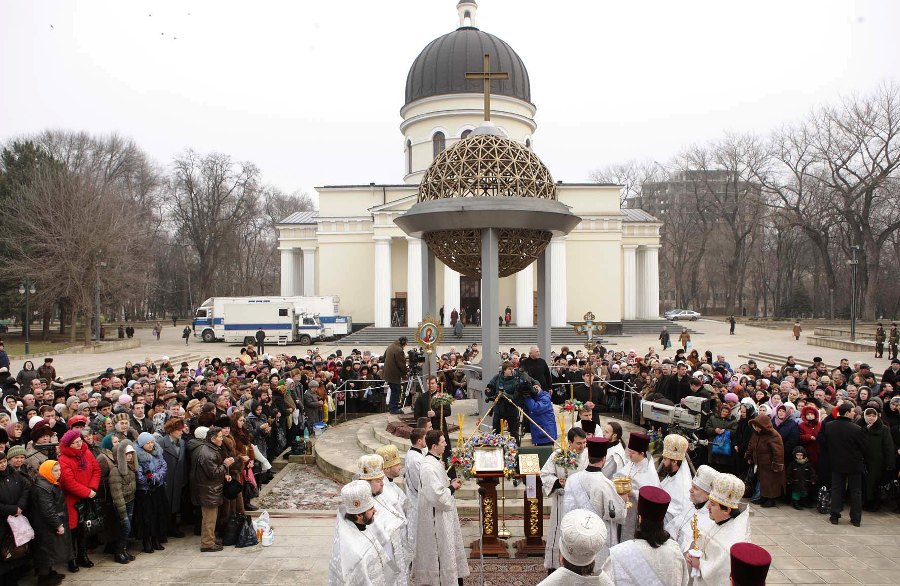
Moldavian holidays and customs are marked by the values inherited from our ancestors, which consolidate the Moldavian nation and contribute to its self-identity. National holidays are celebrated during one or several days, they have an established date of celebration or a date that changes from year to year. The Moldavian holidays are dedicated to divine creatures, people, animals, birds, plants, Earth etc. Traditional national holidays and customs are observed nowadays as well. It should be mentioned that the Moldavians enriched their lives with beautiful festivals and customs full of profound meaning throughout their century-long history.
The system of national holidays and customs is rather complex and includes traditions and ceremonies, believes and superstitions. This is the reason why scientists haven't created an uniform and integral classification in this sphere yet.
A Holiday is a day of celebration, established to honor or commemorate some significant events. Holidays are usually accompanied by folk feasts. Sometimes these days are proclaimed to be official holidays of the country. As are these that are dedicated to important historical events of Moldova: May, 9th – The Day of Victory, August, 27th – Independence Day, August, 31st – Day of Native Language.
Fortunately, there are quite a lot of national holidays in Moldova. They include both social and religious orthodox festivals, which are listed below.
The first holiday in the calendar is The New Year on 1st of January. Traditionally it is celebrated with family or with close friends. The New Year is followed by Christmas which is celebrated on 7-8th of January according to the tradition of the Moldavian Orthodox Church. The first spring holiday is Mărțișor on the 1st of March. On this day Moldavians give each other mărțișori as presents, which symbolize the beginning of spring and new life. The International Women's Day is also celebrated on the 8th of March. Great religious holidays are observed in March as well, but the date of celebration changes from year to year. Thus, Orthodox Easter takes place after the first Full Moon that follows the spring equinox. A week after Easter, orthodox believers commemorate Parental Day to pray for their dead relatives. Usually people come to their relatives' graves on this day. The International Labour Day (May, 1) is also a holiday in Moldova. Victory Day is celebrated on the 9th of May. As it was mentioned above, Independence Day is celebrated on the 27th of August and in several days afterwards the country celebrates the Day of the Native Language on 31st of August. Religious holidays play an important role in the holiday calendar. First of all they are holidays dedicated to Jesus the Christ (Christmas, Epiphany, Easter, Ascension Day, etc.) and days to pray to the saints (St. Basil's Day, St. George's Day, St. Constantine and Helen's Day, etc.). It's necessary to mention the Dedication Days in cities and villages as well, which are the days of saint church patrons. There's a tradition in our country to celebrate several types of Dedication (Patron Saint's) Days of the family, church, abbey and settlement.
The dearest to the spirit of our people are family celebrations: weddings, christenings and others. The most beautiful folk traditions, preserved till nowadays, are connected with this category of holidays.
Our customs are represented by various bright folk spectacles and events possessing deep religious sense and symbolizing the close connection of the human-being with nature, the surrounding world. This understanding of human's origin establish the so called unwritten rules of people's behavior, which are retold from generation to generation.
The Moldavians have special traditions of mutual help, for example, when building houses, digging and cleaning wells, preparing the dowry, you can always expect a hand of help.
From a general point of view, the Moldavian traditions combine the exciting aspect of ancient lore and the spectacular serenity of the ceremonies. That's why it is very important to realize the necessity to preserve our connection with the past, to defend and promote our century-old traditions and material heritage.
În contextul lansării programului ”Satul European”, ce probleme vitale există în localitatea dumneavoastră?
- Statut:
- Sat
- Prima atestare:
- 1612
- Populația:
- 446 locuitori
Druţa este un sat din cadrul comunei Pociumbeni, raionul Rîşcani. Localitatea se află la distanța de 28 km de orașul Rîșcani și la 194 km de Chișinău. Conform datelor recensămîntului din anul 2004, populaţia satului constituia 446 de oameni. Satul Druța a fost menționat documentar în anul 1612.





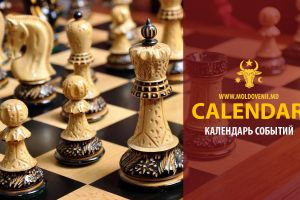 20 aprilie - Calendarul celor mai importante evenimente din trecut și prezent
20 aprilie - Calendarul celor mai importante evenimente din trecut și prezent 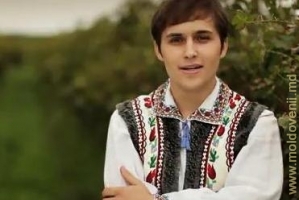 MELODIA ZILEI: Victor Bondari - Radu Mamii
MELODIA ZILEI: Victor Bondari - Radu Mamii  Ce evenimente culturale vor avea loc în ziua de 20 aprilie
Ce evenimente culturale vor avea loc în ziua de 20 aprilie 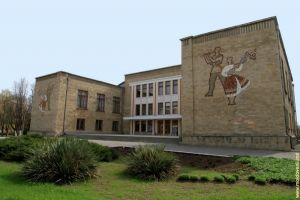 Moldografia: Casa de Cultură din Bender
Moldografia: Casa de Cultură din Bender 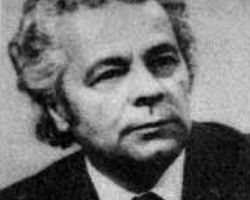 Ilie Bogdesco – maestru al graficii
Ilie Bogdesco – maestru al graficii 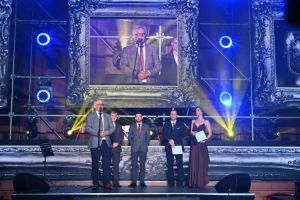 Gala Premiilor Patrimoniului Cultural 2024 - eveniment special, organizat în cap…
Gala Premiilor Patrimoniului Cultural 2024 - eveniment special, organizat în cap… 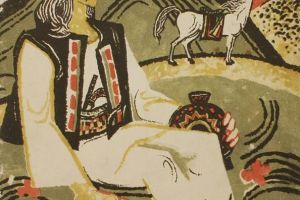 Creația populară: Eposul eroic
Creația populară: Eposul eroic 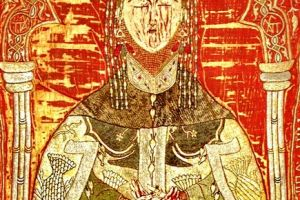 Maria de Mangop – o prințesă bizantină pe tronul Moldovei
Maria de Mangop – o prințesă bizantină pe tronul Moldovei 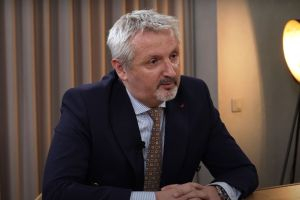 Doru Petruți: ”Cel mai agresiv electorat este fix cel pro-european”
Doru Petruți: ”Cel mai agresiv electorat este fix cel pro-european” 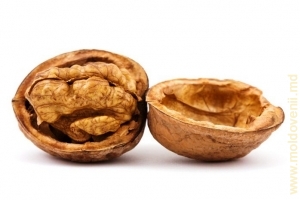 De ce sînt folositoare nucile
De ce sînt folositoare nucile 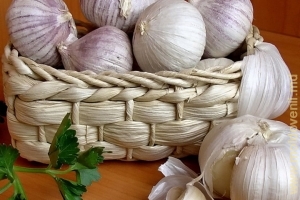 Rețeta care aduce sistemul imunitar la cote maxime
Rețeta care aduce sistemul imunitar la cote maxime 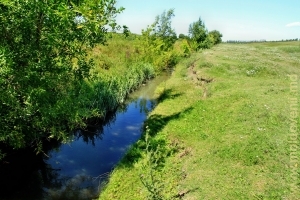 O călătorie pe rîul Larga (Foto)
O călătorie pe rîul Larga (Foto)  21 aprilie - Calendarul celor mai importante evenimente din trecut și prezent
21 aprilie - Calendarul celor mai importante evenimente din trecut și prezent 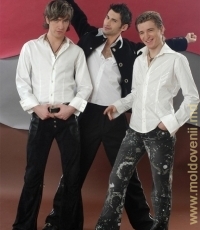 MELODIA ZILEI: O-Zone - De ce plîng chitarele
MELODIA ZILEI: O-Zone - De ce plîng chitarele  Ce evenimente culturale vor avea loc în ziua de 21 aprilie
Ce evenimente culturale vor avea loc în ziua de 21 aprilie 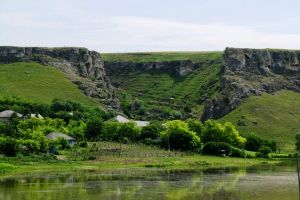 Moldografia: Începutul defileului de la marginea satului Duruitoarea Veche
Moldografia: Începutul defileului de la marginea satului Duruitoarea Veche 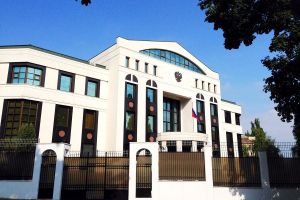 Ambasada Rusiei a mulțumit pentru înlăturarea consecințelor profanării monumente…
Ambasada Rusiei a mulțumit pentru înlăturarea consecințelor profanării monumente…  Nicolae Eșanu: "Constituția nu prevede introducerea anumitor modificări în baza…
Nicolae Eșanu: "Constituția nu prevede introducerea anumitor modificări în baza… 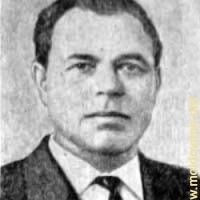 In memoriam Chiril Iliașenco
In memoriam Chiril Iliașenco 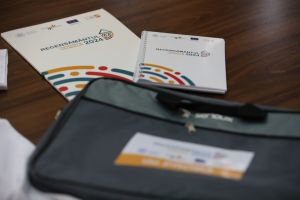 10 mituri despre recensămînt, demontate de Biroul Național de Statistica
10 mituri despre recensămînt, demontate de Biroul Național de Statistica 






